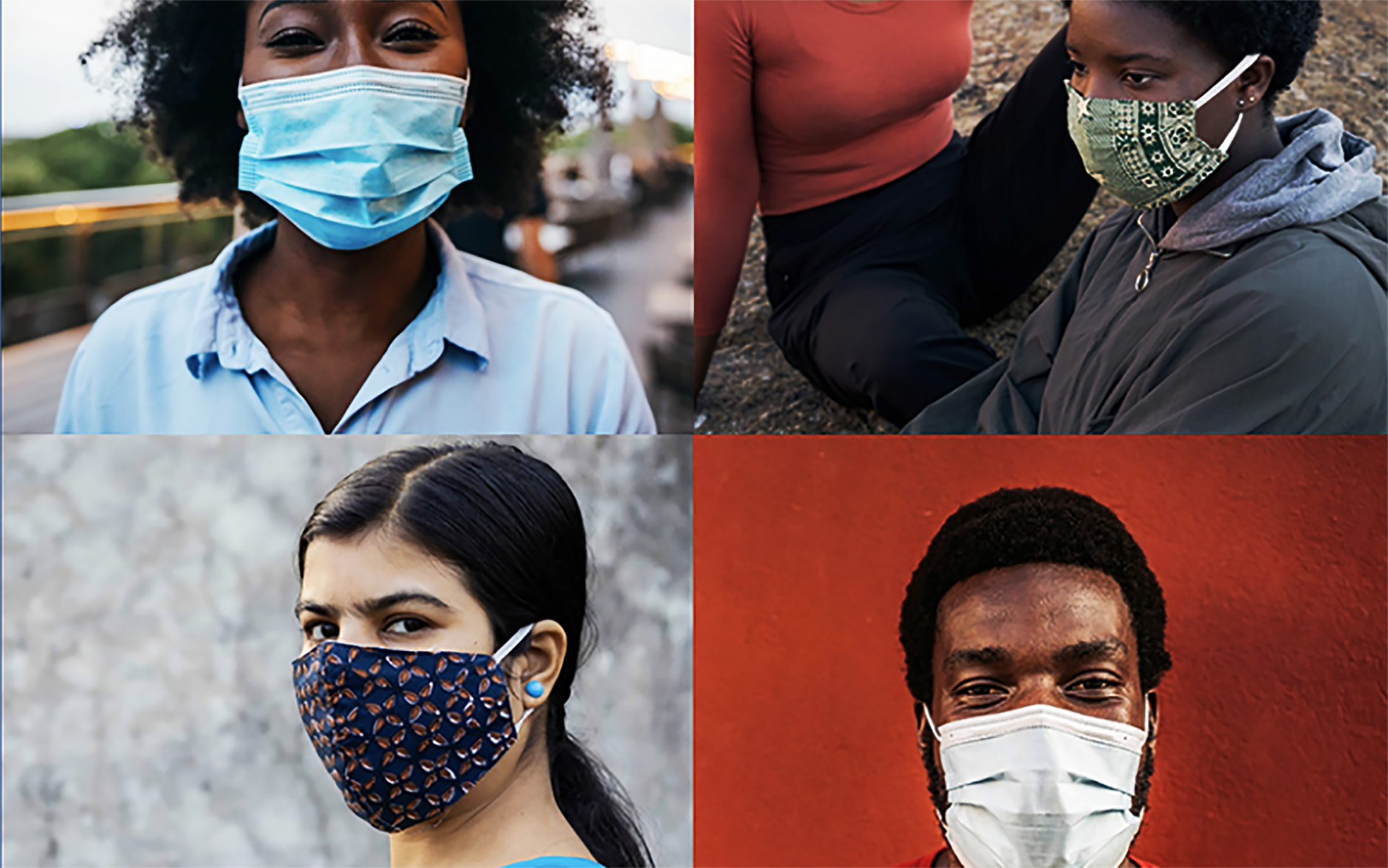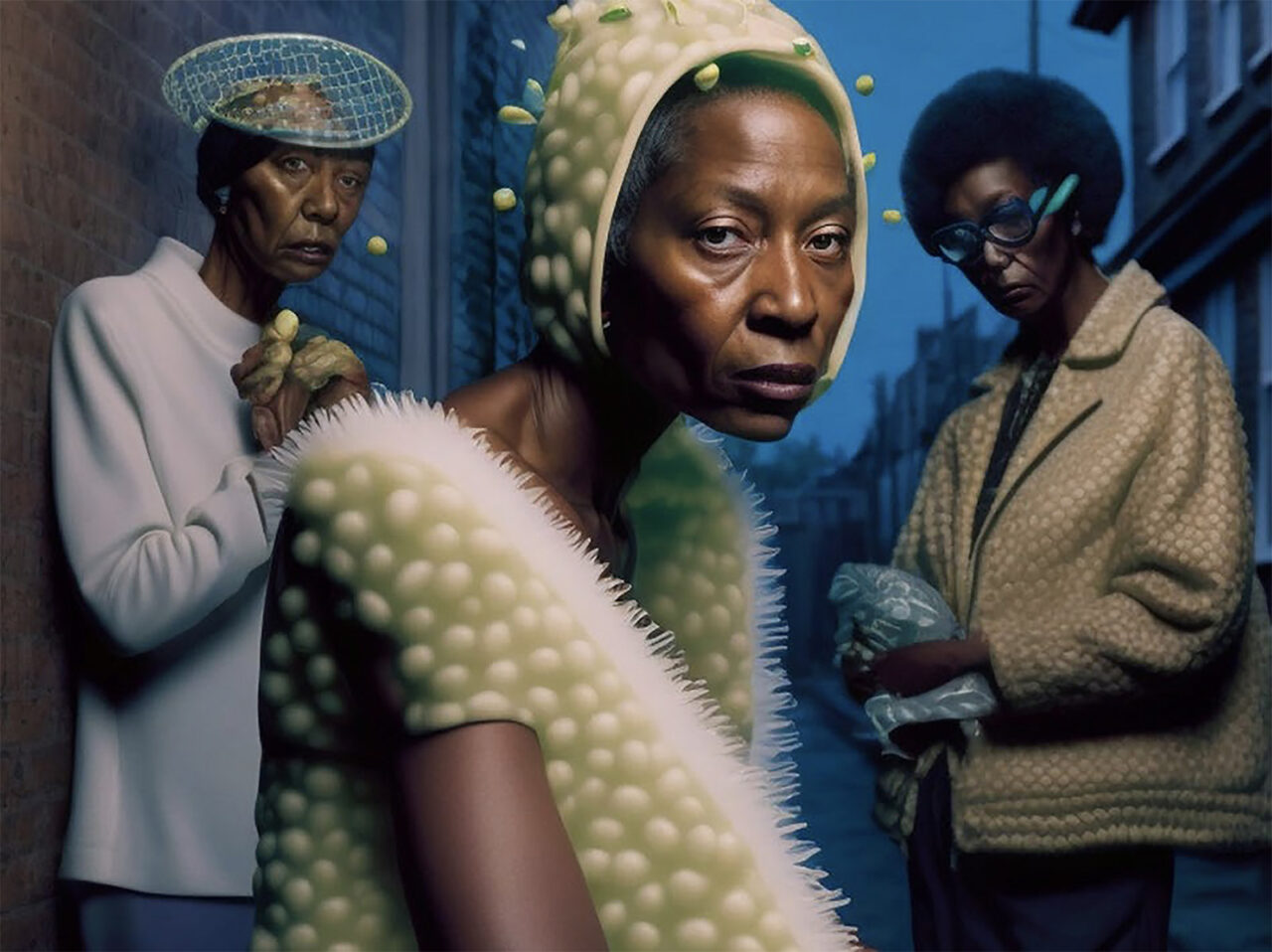Barbara Lipietz
Navigating Space Under Lockdown, the young Black and Minority Ethnic experience
Dr. Barbara Lipietz shares the Navigating Space Under Lockdown project, exploring how young people’s experiences of home, work, mobility, community and well-being have been affected by the pandemic and by prolonged periods of lockdown.

Images selected by FOAM 20 (nsul.org.uk/partners)
Exploring how young people’s experiences have been affected by the pandemic
Dr. Barbara Lipietz shares the Navigating Space Under Lockdown project exploring how young people’s experiences of home, work, mobility, community and well-being have been affected by the pandemic and by prolonged periods of lockdown. Co-led by the Bartlett Development Planning Unit, The Ubele Initiative and FOAM20, and funded by The National Lottery Community Fund, the project explored how young people’s experiences of home, work, mobility, community, and well-being have been affected by the pandemic and by prolonged periods of lockdown.
The collaborative, mixed methods research project, documented the perspectives and experiences of Black and Minority ethnic young adults (aged 18 to 35) in England, during the COVID-19 pandemic.
With the support and guidance of 12 peer researchers, the project reached out to over 200 young adults from across England, through focus group discussions, an online survey, a podcast series and a short film, to capture some of their diverse voices and experiences.
Key findings
• Navigating Space Under Lockdown highlights the deep, differentiated, impact of the pandemic on young Black and minority ethnic adults in England. The research points to the vulnerability of many in this demographic, marked by precarity in housing and employment conditions. COVID-19 and prolonged lockdowns have compounded these and broader experiences of disadvantage and exclusion.
• The research also highlights the remarkable resilience and adaptability of young minority ethnic adults – aided by technological know-how and, in many cases, social media – in what have been unprecedented and often traumatic times. In such context, Black and minority ethnic community networks have been critical pillars for young adults and their networks, filling in gaps left by government in access to essential goods and services, and support. The pilot research begs the question: how long can such networks – often most affected by the pandemic, and with limited resources – continue to pick up the slack?
• Home and housing conditions are key for understanding the differentiated impacts of COVID-19 and associated lockdown measures on young Black and minority ethnic adults in England. Who young people live with, how much space they have access to, housing density and /or cost considerations have significantly impacted young adults’ ability to work (including ability to work from home), their work prospects and economic security.
• Housing conditions have also had a major impact on young adults’ mental health and wellbeing: a source of comfort and a shield from isolation in some cases; or, in others, a major point of stress, anxiety and insecurity, especially for those in high density households / shared accommodation. Many reported feeling unsafe or unable to ‘be themselves in their own homes’, or having to hide aspects of themselves.
• Our research has highlighted the close interconnection between mental health, housing and work situations. Loss of physical connectivity and access have intensified this link, whilst social media was described as both a source of support and of anxiety.
• For many young Black and minority ethnic adults in England, mental health support has been difficult to access. However, with COVID-19, it has become publicly legitimate to discuss the mental health of young adults.
• COVID-19 and lockdown experiences have played an indirect role in sharpening identity awareness for many young Black and minority ethnic adults in England. Coinciding with the Black Lives Matter protests, many became acutely aware of the disproportionate impact of the pandemic on minority ethnic groups. For some, this coincided with a heightened sense of disenchantment with the State and the mainstream institutional landscape, whose COVID-19 responses left many racialised minorities ‘off the map’.
Watch the lecture
Inclusive spaces Navigating Space Under Lockdown, the young BAME experience Lecture:
click here
WHO
Name Dr. Barbara Lipietz (she/her)
Role Staff
Department The Bartlett Development Planning Unit
LABORATORY
A growing archive focusing on work created by students and staff across the Bartlett
view all

